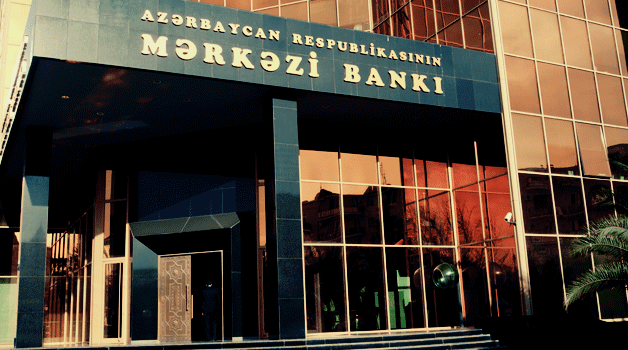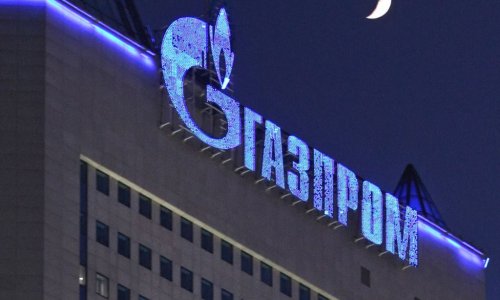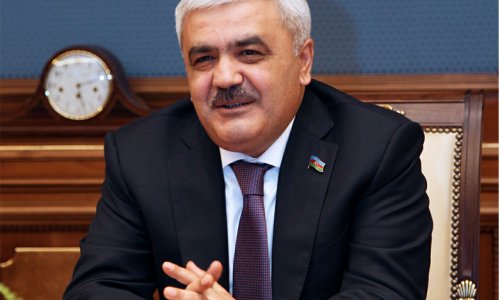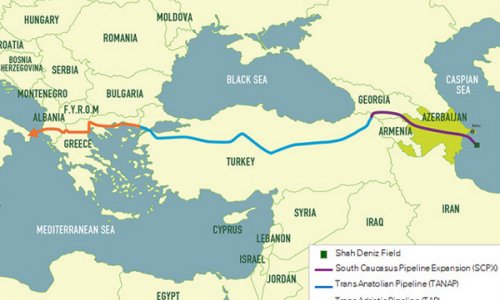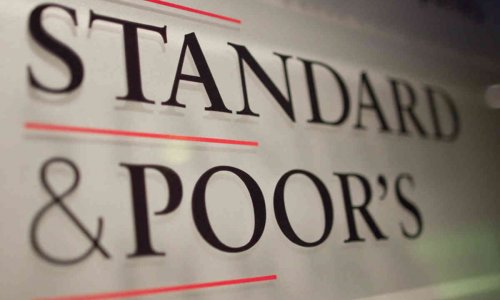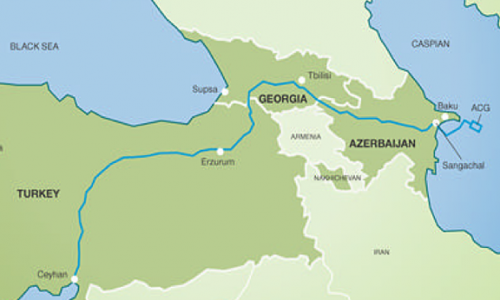The economy of energy-rich state of Azerbaijan appears to be heading rapidly toward dollarization, but does it have the dollars to meet popular demand?
Hit by low oil prices and regional fallout from Western sanctions against Russia, Azerbaijan’s national currency, the manat, was devalued back in February, losing 33.5 percent of its value against the dollar and 30 percent against the euro. Rather than regain ground amid a halting recovery of oil prices (from under $50 to just over $63 for Brent blend, an international benchmark), Azerbaijanis seem to keep losing faith in the manat, and are buying dollars as they seek a safe financial haven.
Dollars now account for 70 percent of bank deposits in Azerbaijan, the highest rate in a decade, according to Central Bank data. In 2014, by contrast, the rate was 50.4 percent.
Commercial banks prefer giving loans in dollars rather than in manats, and real estate sales, a key cash generator once denominated in manats, now occur mostly in dollars. "Since we have more dollars, we prefer giving loans in dollars,” Ali Dashdemirov, marketing director for Bank Respublika, one of Azerbaijan’s largest private banks, said of the loan trend.
In essence, commented economist Gubad Ibadoglu, director of Baku’s non-governmental Economic Research Center, "people have lost trust in the national currency.”
Moving away from a national currency means that private banks, along with the Central Bank, according to the International Monetary Fund, need a "larger-than-normal volume of international reserves, or to arrange external lines of credit.”
Right now, it is not plain that such volumes exist in Azerbaijan.
In data published on June 3, the Central Bank put its dollar reserves for May at just over $8.43 billion, an increase of less than a percent from April. The rise, though miniscule, appears to be the first since February, when, after agggressive intervention to support the manat, reserves stood at about $11 billion.
Massive state spending for this month’s European Games – an Olympics-style event that kicks off on June 12 – has provided added pressure on the country’s dollar reserves, experts say.
Central Bank Deputy Chairperson Alim Quliyev acknowledged to the APA news agency on April 24 that the Central Bank is "doing some work related to dollarization,” but did not elaborate.
The Bank did not respond to a request from EurasiaNet.org for more information. Government officials could not be reached for comment.
Measures, however, are needed, underlined Ibadoglu. "If this process continues, the reserves of the Central Bank may run low, banks will have even more of a manat shortage,” he predicted. "All of this will accelerate the manat’s devaluation,”
Some Azerbaijanis are calling for an end to loans denominated in foreign currencies. One state-run financial institution is taking a different approach: in late May, police arrested scores of entrepreneurs for non-payment of dollar-denominated loans from the International Bank of Azerbaijan, local outlets reported.
Two high-profile individuals – Haci Ibrahim Nehramli, overseer of the futuristic Khazar Islands project, and Nizami Piryev, owner of a methanol factory – were released pending trial after making partial payments, Azerbaijani news outlets stated.
Restoring confidence in the manat could prove a tall order for Azerbaijani officials. A resident of the central Azerbaijani city of Ganja reflected popular sentiment when he said he is intent on selling his one-bedroom apartment in the capital, Baku, in dollars because "the next devaluation might happen any day.”
At Bank Standard, the minimum annual interest rate for a manat-denominated loan stands at 34 percent, compared with a slightly less hefty 25-percent rate for dollar loans. Such loans are only approved if a client can offer real estate or gold as a security, bankers say.
One potential vehicle for driving a revival of confidence in the manat, the real estate market, remains sluggish. The Central Bank reported that in April this year real estate transactions decreased by 27.6 percent compared with April 2014, with transactions valued at roughly 920.1 million manats ($875.5 million).
"Now, the real estate market is almost dead,” commented Baku residential real estate agent Ramiz Rzayev. "Both buyers and sellers are waiting. They want to see if something will change in the economy after the European Games. Everybody is afraid to take a step forward.”
(Eurasianet)
www.ann.az
Follow us !

